We often hear, and read about, jobseekers being frustrated at not hearing back from employers and recruitment agencies when they have applied for a job.
In our view, all job applications should be acknowledged – even if the response is automated, which is so easy to set up these days.
Candidates will have taken the time to study the job advertisement and then format their application which could include tailoring their CV and/or putting together a cover letter.
In many cases, they will also have done some research into the hiring organisation. To go to all that effort and not get a response is frustrating and, quite frankly, discourteous.
Employers and recruitment agencies receive a lot of criticism about their failure to respond to job applications, and rightly so, but did you know that it happens the other way around too?
Frequently, employers tell us that when they have advertised vacancies, themselves, they are surprised at the number of candidates who:
- Don’t return their calls or respond to their emails inviting them for an interview.
- Agree to attend an interview and fail to turn up without letting the employer know.
- Accept the position, if offered, and do not start the position (again, without letting them know).
- Submit CVs which do not include any relevant experience, knowledge, transferrable skills or qualifications relevant to the position (for example, one employer told us they had advertised for an HGV Driver in Carlisle and one of the candidates did not even have a licence to drive a car, never mind a truck, and they lived in Liverpool!).
There are also those last-minute cancellations, where the candidate does let the employer know, but emails an hour before the interview was due to take place or via email at 11.30pm the night before. This leaves no time for the employer, or recruitment agency, to offer that slot to someone else who may have been interested in the role.
Why would someone apply for a job which they have no intention of taking, if offered?
It may be that the candidate is claiming benefits and the DWP / Job Centre has made applying for many jobs, and providing evidence of doing so, a condition of getting those benefits. There are many other reasons why a candidate may not respond to you after they have applied to you for employment. These include:
- They applied because they were having a bad day at work, but things have now improved. Still a bit rude as a simple message to withdraw their application would take no time but save other people a lot of time.
- It’s so easy to apply for a job on a whim these days – candidate signs up to a job advertising board (such as Indeed), uploads their CV, and simply clicks the apply button on any “suggested” jobs without even having to read the job requirements.
- Brits do not like to talk money! Asking for a pay rise fills many people with horror. Often people will apply for another job in the hope that they get offered it and their current employer will offer them more money to stay.
- The DWP, through Job Centre Plus, sets targets on benefit claimant job search activity and they require evidence that the claimant has been applying for jobs. Whilst the claimant, in most cases, is genuinely looking for a job or more hours they also have to hit these targets in order to keep their benefits and this often means applying for anything anywhere. In my view, DWP Work Coaches should focus on outcomes not targets.
- Employability companies are offered government financial incentives to get long term unemployed people back into work. Their staff have tough targets to meet, and this often results in people being encouraged to apply for jobs for which they are not suited and/or have absolutely no interest in.
- Fear- Interviews can sometimes fill even the most confident person with dread. This can be overcome by inviting the candidate to an “informal” interview.
- Confidentiality / What if their current employer finds out – You are holding the interview in a public space, or the candidate has just discovered that their boss’s sister works for you.
- Tragedy – Something awful may have happened in the candidate’s life. Be sure to bear this in mind when chasing people up – it does happen so no matter how frustrated you are: be kind – ensure your communications are always polite.
Clearly poor communication and lack of courtesy is a people thing regardless of whether the person is an employer or a potential employee. It happens both ways! The fix is so easy, here are some of our suggestions:
For employers
- Have a dedicated email for job applications and set up an auto-response.
- The auto-response should acknowledge the application and explain what will happen next.
- Writing something like “due to the volume of applications we receive, we are not able to respond to everyone. If you don’t hear from us within 2 weeks, please assume your application has not been successful” at the bottom of your job advertisement is a cop out – actually respond to people!
- Consider that every candidate their family or friends may also be a customer or potential candidate of your organisation – not responding in the best way could cost your business and damage your employer brand (people talk!).
- Ensure you are clear in your job advertisement as to what capabilities you are seeking.
- Importantly, always include the salary on your job advertisements – candidates don’t want to see “competitive” or “negotiable” or “Dependent on Experience” – these waste everyone’s time and can be viewed as misleading or suggest you have something to hide (such as gender pay inequality)
- Before rejecting a candidate, consider their “transferable skills” They may not have worked in your industry before and may not have been employed in that role before but look at where they have worked and what they have done. For example if someone has worked in McDonalds, and has applied for a Customer Service Executive role, the chances are they will have been trained in customer service to a high standard and will have gained the very skills you are looking for.
Another thing to bear in mind, for employers, is that CVs contain personal data and if nothing else you should explain to the candidate what you are going to do with it.
For candidates
- Ensure your CV is right up to date and all your skills and experience are accurate. Include any voluntary work you do as well as paid employment.
- Read the job advertisement, ensure you have the capabilities required and make sure the money, hours and perks on offer will be acceptable to you.
- Wherever possible, tailor your personal statement to explain why you are a great fit for the position you are applying for. Alternatively, include a cover letter.
- Before you send your application think about your reasons for doing so: are you really going to leave your current job or could any issues with your employer be fixed?
- Respond to any communication from the hiring employer or recruitment agency. They may be asking you for additional information or inviting you for an interview.
- Check your spam – your interview invite may have gone into there.
- If invited for an interview, ensure you turn up. If you need to cancel the interview, or rearrange, let them know as soon as possible.
- At any point, if you decide the job is not right for you – withdraw your application at the very earliest opportunity – you never know when you may wish to apply to that company (or the person hiring) again in the future.
- Follow up your application! You could give the employer or recruitment agency a quick call (we love it when candidates call us!) or send them an email to check they have received your CV and to ask if they need anything else from you.
- Email the employer (or ask the recruitment agency to forward your email), after your interview to thank them for their time and to let them know that you would accept the job if offered and why.
- Ask for feedback from any interviews you attend – this will help you in the future.
Summary
Communication is key! Humans are social creatures and are gifted with the ability to communicate – so communicate! There is nothing worse than going to a lot of effort and not having that effort recognised. This applies as much when applying to jobs or recruiting as to anything else.
About the author
I am Paul Murphy and I have been working in the recruitment industry since 1983. I have recruited for many sectors including Accountancy and Finance, Admin and Business, Law and Legal, Hospitality and Catering, Marketing and Creative, Sales and Retail, Technical and Manufacturing and Technology and IT.
Specialising in permanent staff recruitment, I recruit all over the UK but focus 85% of my activity in Cumbria, The Lake District, Lancashire and Northumberland.
Recruitment is ultimately about people and, with that in mind, I champion personal service, which is supported, not replaced, by the latest state of the art recruitment technology.
Experience has taught me that the best, and most effective, methods of recruitment combine both traditional and modern.
My business has two websites: recruitnorth.co.uk (multi-sector recruitment) and recruithospitality.co.uk (hospitality and catering specialist recruitment). Hit the links, or give me a call, to find out how we can help you.






